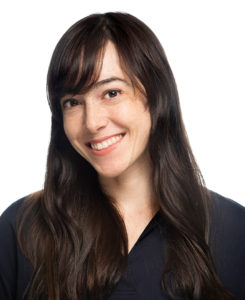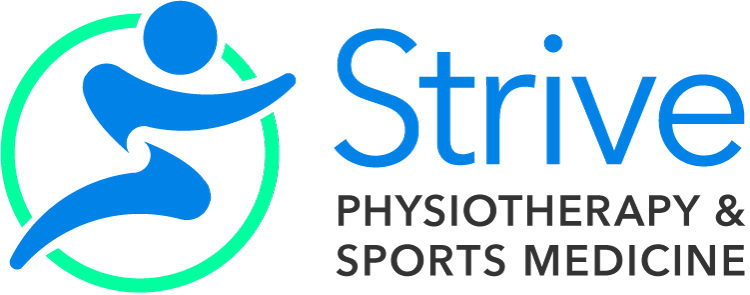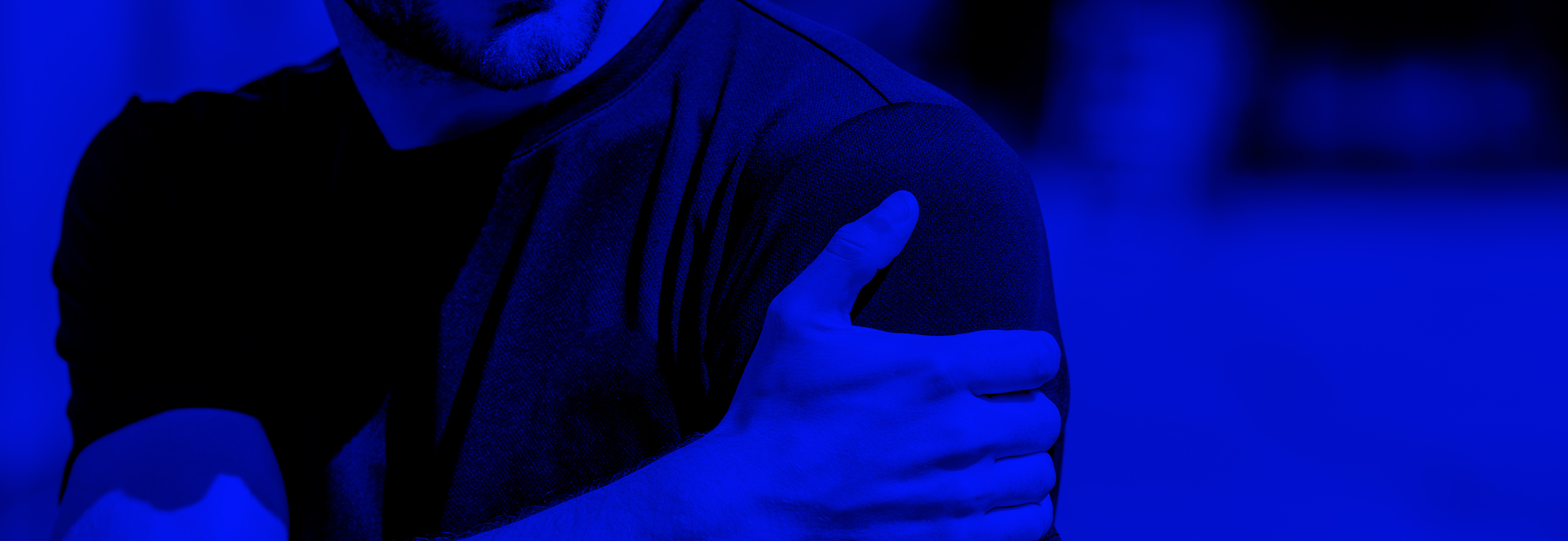What Is Rotator Cuff Tendinopathy?
Rotator cuff tendinopathy is an overuse injury to one or more of the tendons of your rotator cuff in the shoulder. These tendons are: supraspinatus, infraspinatus, teres minor, subscapularis. They work together to stabilize the shoulder joint throughout movement, acting as the ‘core’ of your shoulder.
What Causes Rotator Cuff Tendinopathy? What Are Common Symptoms?
Rotator cuff tendinopathy occurs when factors (such as poor posture and a sudden increase/change in activity) cause the tendons in the shoulder to get overloaded, resulting in shoulder pain.
Common symptoms include:
- Pain at the front and/or side of the shoulder.
- Pain aggravated by lifting items or reaching overhead.
- Pain to sleep on the side of the painful shoulder.
How Can Physiotherapy Help My Rotator Cuff Tendinopathy?
To treat your rotator cuff tendinopathy, your physiotherapist will first conduct a thorough examination that looks at your preferred posture, shoulder blade control both at rest and during movement, and the strength of your shoulder muscles. Based on this assessment you will be given a tailored exercise program to retrain your shoulder blade stability and patterning overhead, strengthen the muscles of your rotator cuff, and work on your postural endurance.
Your Strive Physiotherapist may employ manual therapies such as massage, mobilization of the shoulder joints and capsule, and mobilization/manipulation of the neck or midback. They may also use techniques such as taping for support and Acupuncture and Dry Needling for pain control.
How Can Massage Therapy Help My Rotator Cuff Tendinopathy?
Massage therapy can also be used to treat both the direct and indirect causes of your rotator cuff pain. Your Strive Massage Therapist will work on a broad area of muscles contributing to your symptoms, helping to address postural compensations in the shoulder, neck and midback that are contributing to your pain. At Strive we work as a team. Your Massage Therapist will communicate with your Physiotherapist to ensure both members of your team are working together to help you get back to your normal.
How Can Sports Medicine/Physiatry Help My Rotator Cuff Tendinopathy?
In most cases, the conservative management described above is extremely effective in helping you to overcome the symptoms of your rotator cuff tendinopathy and get back to your regular activities pain free. However, in some cases you may need to see a sports medicine physician. Your Strive Physiatrist and Sports Medicine Physician is able to order imaging such as an ultrasound to determine if there may be a small rotator cuff tear that is slowing down the healing process. They can also perform various specialized injections such as cortisone and provide medications both oral and topical.
How Long Does It Take To For Me To Recover From My Rotator Cuff Tendinopathy?
Generally, someone with newer symptoms can recover in 6-8 weeks following the timelines of muscle strengthening. Someone who has been dealing with their shoulder pain for a while may take closer to 3-6 months before feeling like they are on top of their pain and up to 12 months for full resolution. So the sooner you start, the better!
What Can I Do To Treat My Rotator Cuff Tendinopathy At Home?
Avoid doing the things that aggravate your symptoms.
if you notice that every time you wash a heavy pot or pan your shoulder pain is aggravated:
- try setting the pan down in the sink
- using your other arm
- or recruiting assistance if available (physio’s orders!)
- Self-massage with tennis/lacrosse ball to the muscles of shoulder
- Monitoring your posture throughout the day and performing frequent posture checks to ensure you are retraining your body to the new normal.
- Ergonomic set up for work and home.
What Are The Best Exercises To Help With My Rotator Cuff Tendinopathy?
To get started with some exercises to help you recover from your rotator cuff tendinopathy, check out the Rotator Cuff Tendinopathy Home Exercise Program. Please keep in mind that these exercises were designed as a place to start to address your symptoms. These exercises should not be performed or continued if they cause or increase your pain in any way. Using these exercises for self-management of your symptoms does not replace the value of being assessed by a Health Professional. If you find you need help, let a Strive Health Professional help you, book your time today!
Written in 2020 by Kiah Brubacher-Cressman, Registered Physiotherapist

Alex Ruth
PT, MScPT, HBAScKin, CIDN
Registered Physiotherapist
Alex completed her Master of Science in Physical Therapy at the University of Toronto. Prior to that, she obtained her Bachelor of Science in Kinesiology from the University of Guelph-Humber and a diploma in Fitness and Health Promotion from George Brown College.


